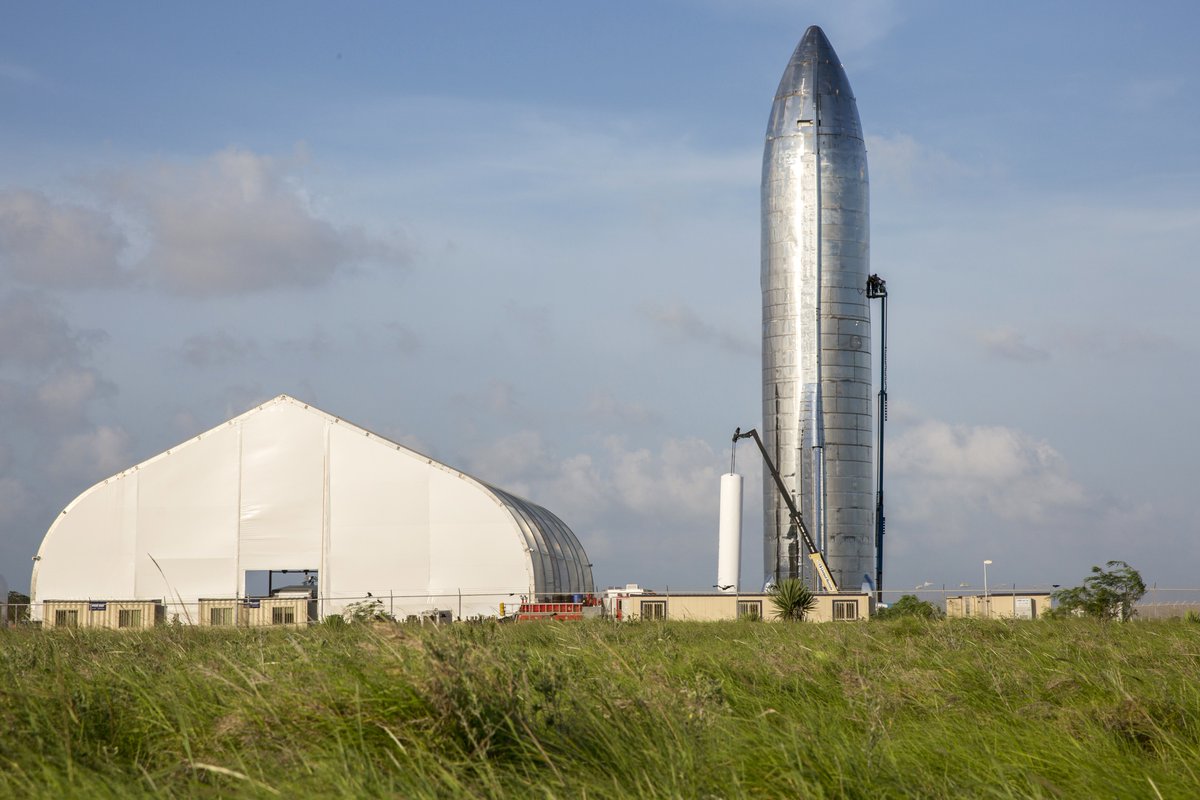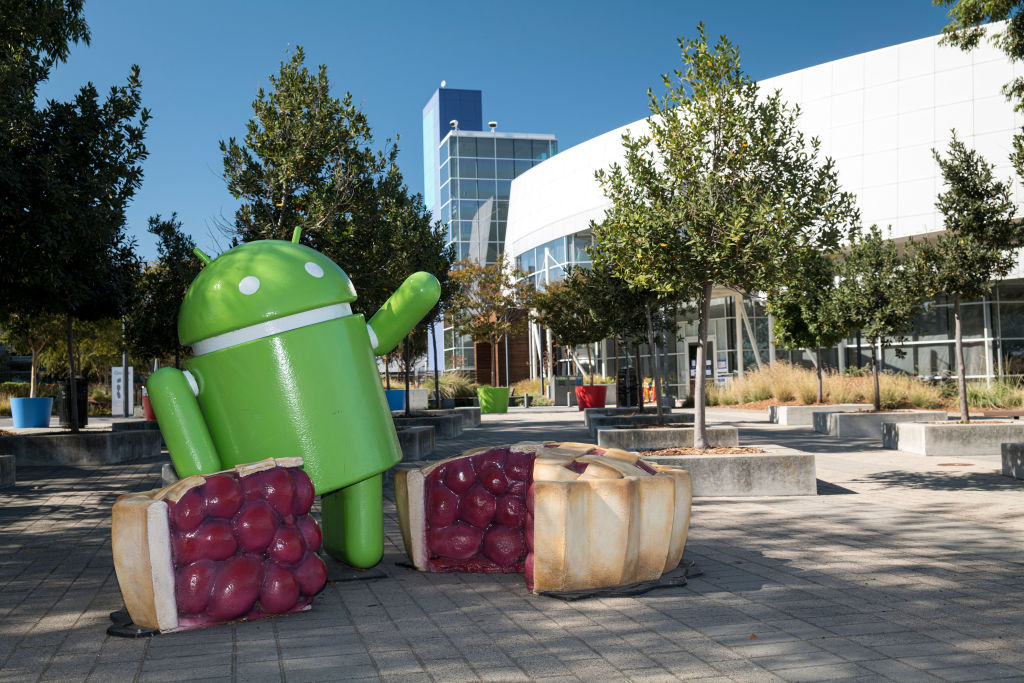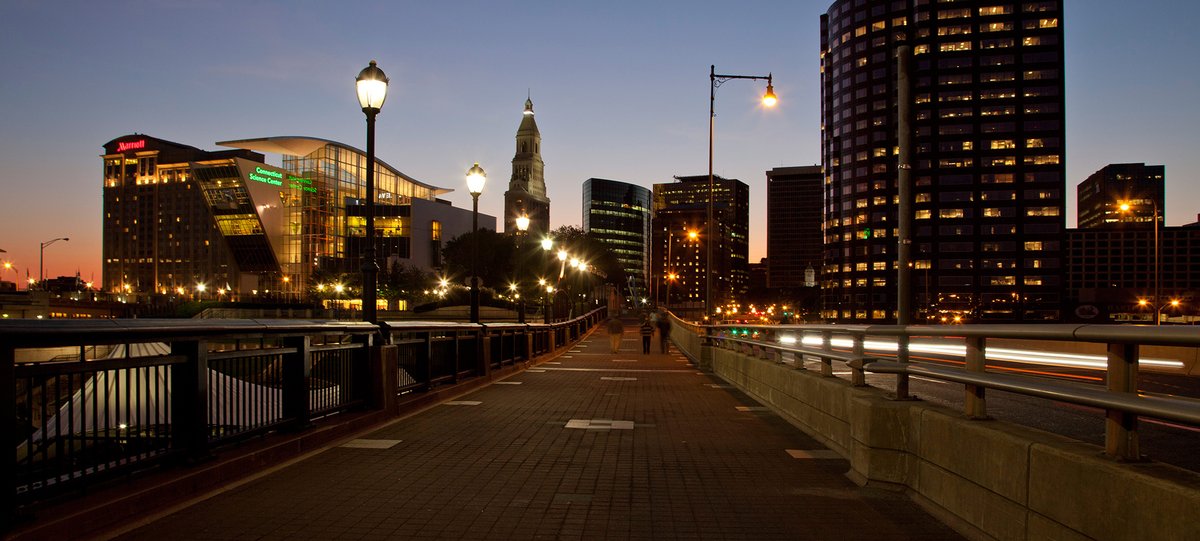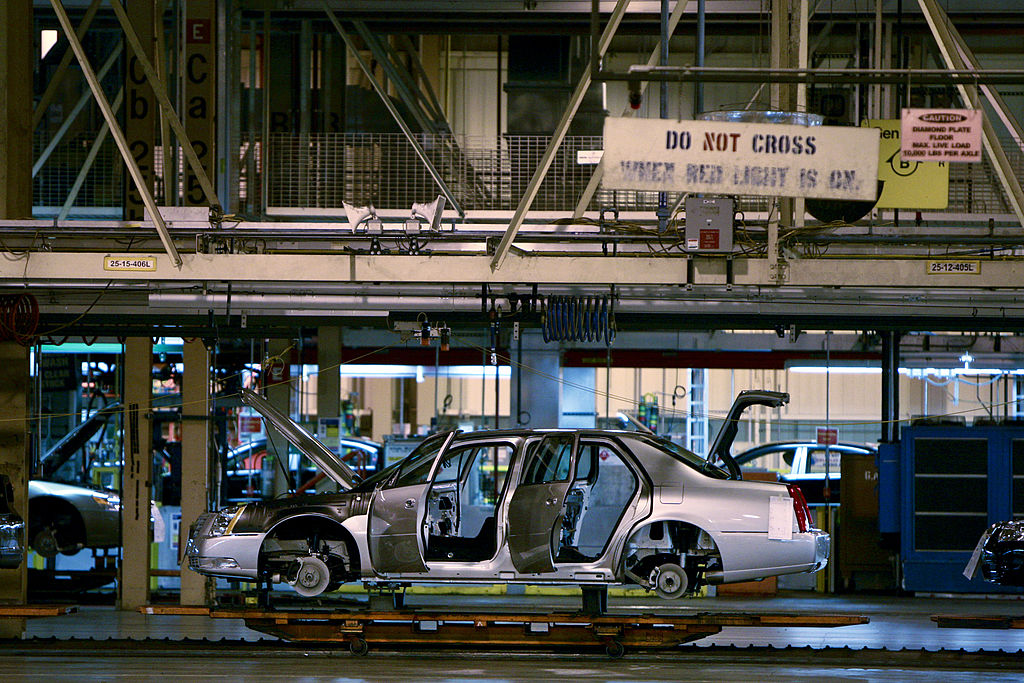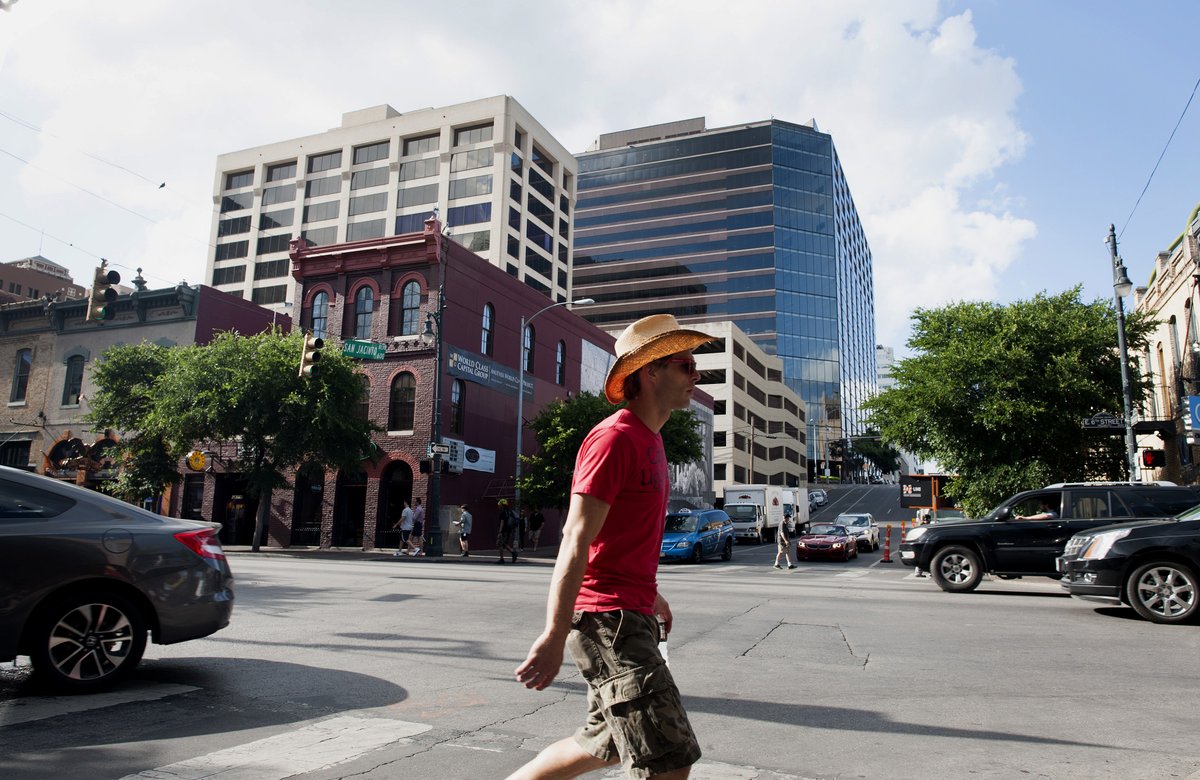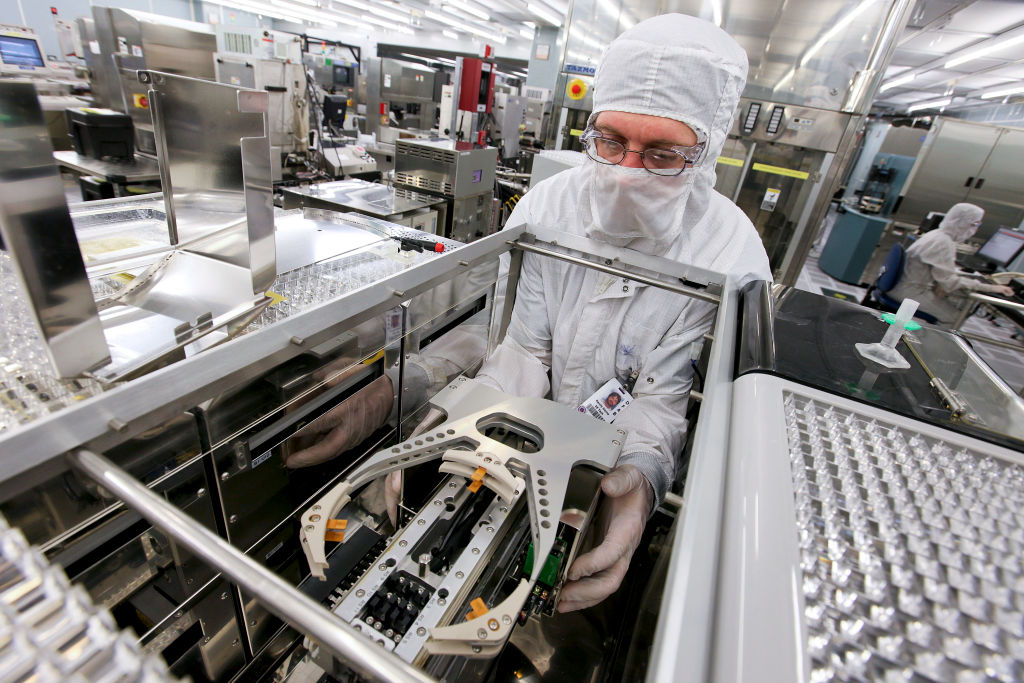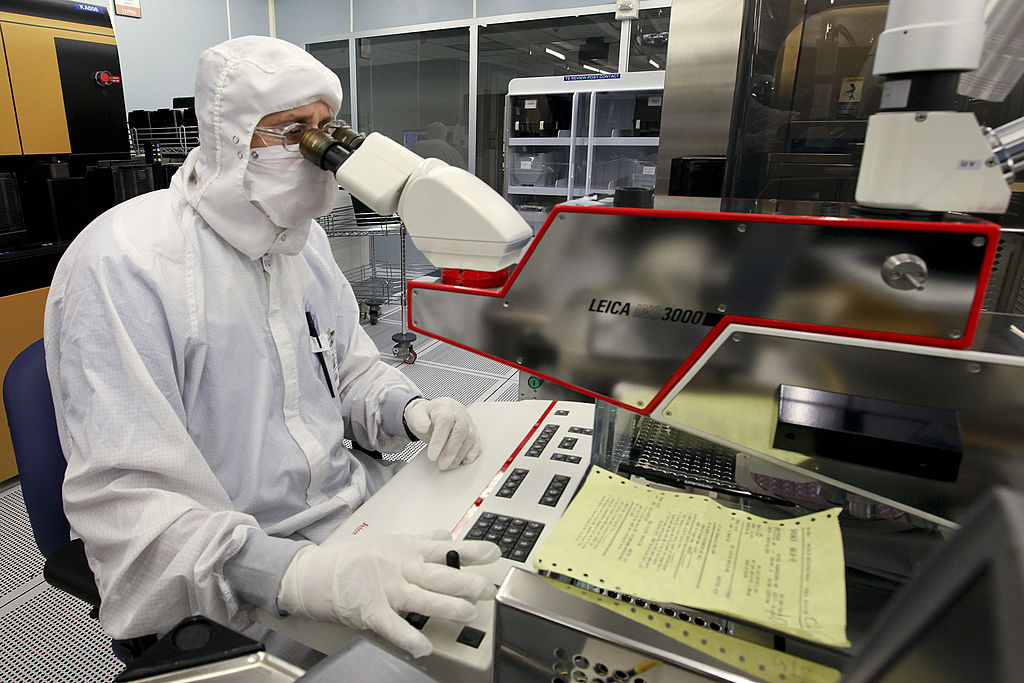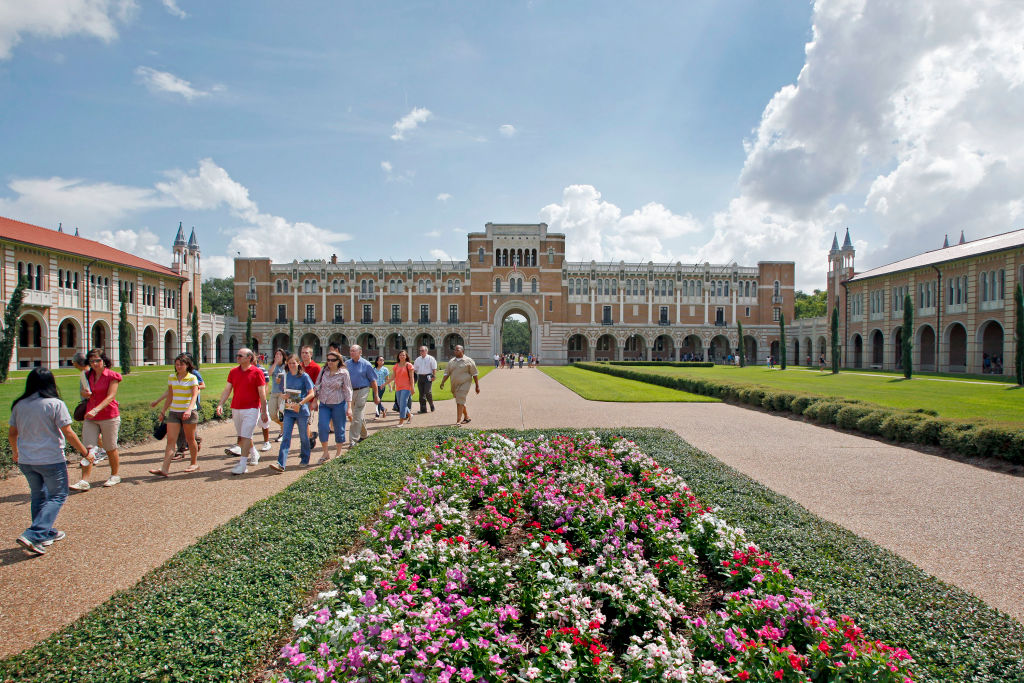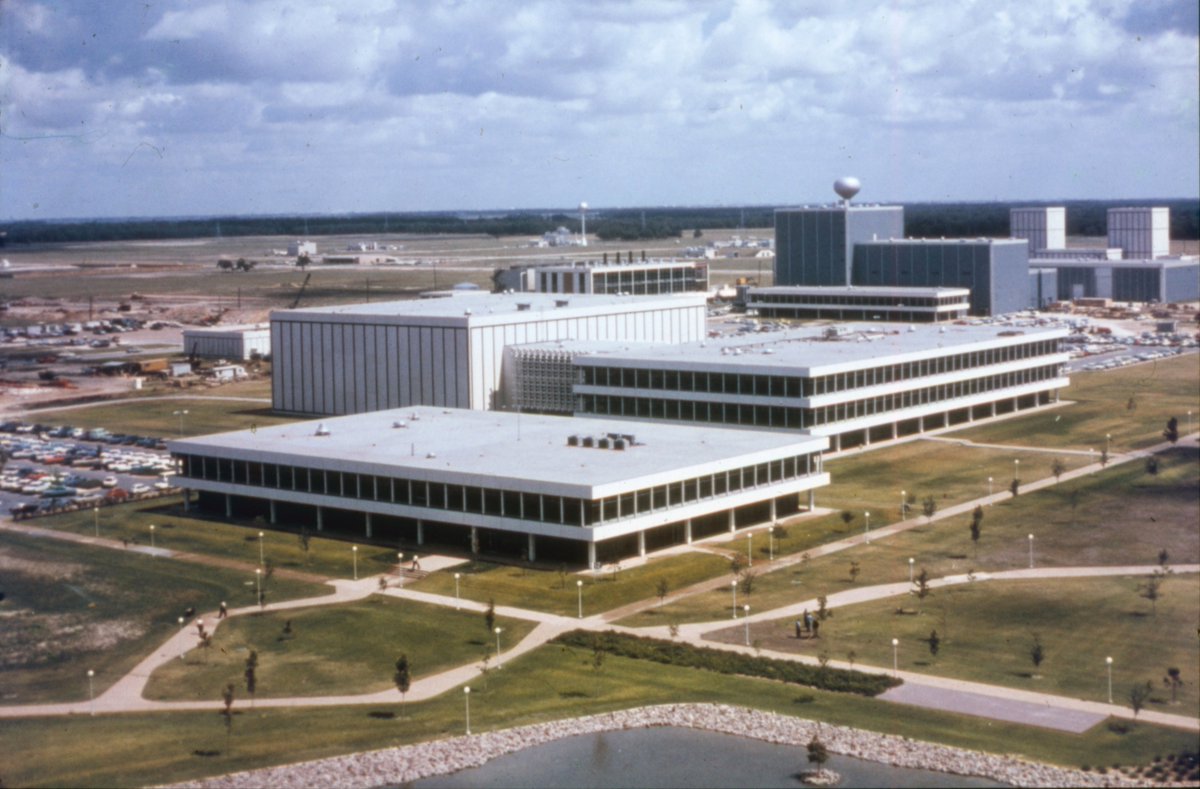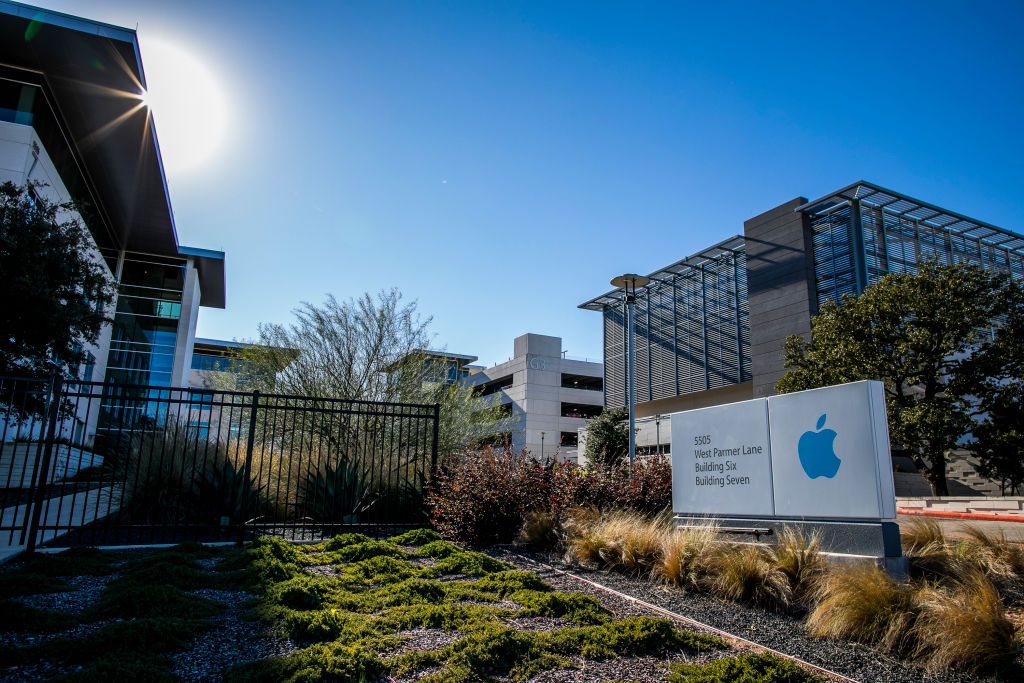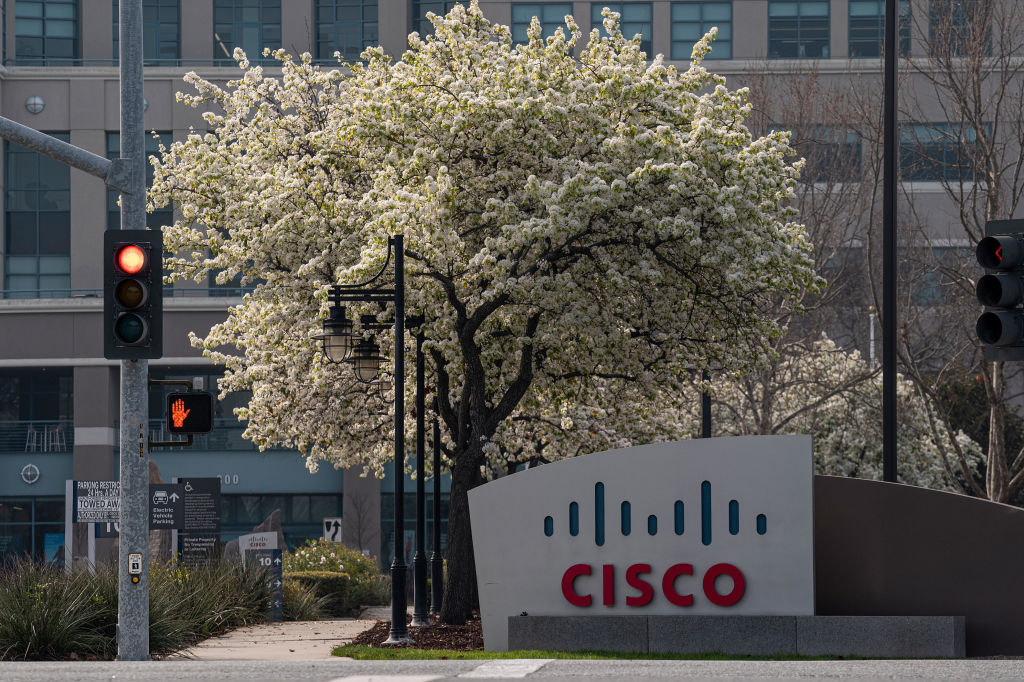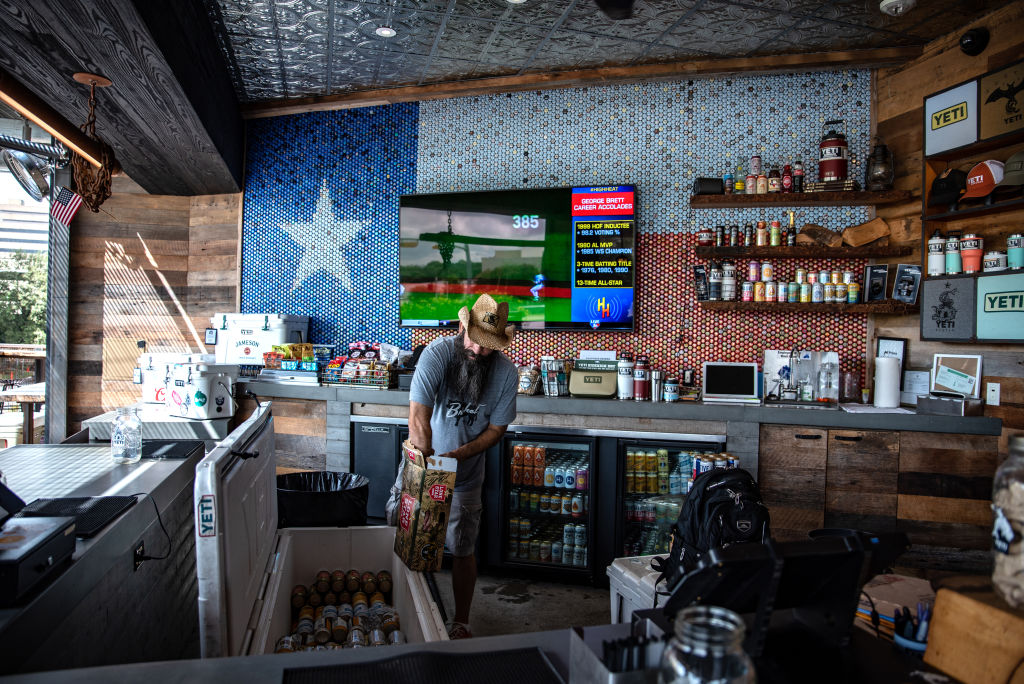Is Texas really a serious rival to California as a destination for high-tech? A growing exodus of banner companies suggests that there’s something to the idea:
 Oracle
Oracle
 Hewlett-Packard
Hewlett-Packard
 Tesla
Tesla
 Space-X https://trib.al/3v1ygaQ
Space-X https://trib.al/3v1ygaQ
 Oracle
Oracle Hewlett-Packard
Hewlett-Packard Tesla
Tesla Space-X https://trib.al/3v1ygaQ
Space-X https://trib.al/3v1ygaQ
Unlike other potential innovation hubs, Texas has been quietly nurturing the high-tech industry for decades.
If Texas eventually rivals California, the consequences could be momentous, not just for industry, but for U.S. politics https://trib.al/3v1ygaQ
If Texas eventually rivals California, the consequences could be momentous, not just for industry, but for U.S. politics https://trib.al/3v1ygaQ
Some background: Over time, different locales have emerged as “places of invention.”
Silicon Valley, for example, is the result of a convergence of talent, venture capital, educational institutions and government money which unleashed waves of innovation http://trib.al/3v1ygaQ
Silicon Valley, for example, is the result of a convergence of talent, venture capital, educational institutions and government money which unleashed waves of innovation http://trib.al/3v1ygaQ
But nothing is forever. Consider the fate of Hartford, Connecticut.
That city was once a high-tech powerhouse in the late 19th century, dominating precision engineering and instrumentation. Its glory days are long gone http://trib.al/3v1ygaQ
That city was once a high-tech powerhouse in the late 19th century, dominating precision engineering and instrumentation. Its glory days are long gone http://trib.al/3v1ygaQ
Other centers of innovation and invention have suffered similar fates:
 Philadelphia, which largely pioneered machine-tool production
Philadelphia, which largely pioneered machine-tool production
 Detroit, crucible of the automobile industry http://trib.al/3v1ygaQ
Detroit, crucible of the automobile industry http://trib.al/3v1ygaQ
 Philadelphia, which largely pioneered machine-tool production
Philadelphia, which largely pioneered machine-tool production Detroit, crucible of the automobile industry http://trib.al/3v1ygaQ
Detroit, crucible of the automobile industry http://trib.al/3v1ygaQ
If Silicon Valley loses its status, it will almost certainly give way to several hubs in Texas.
The idea that it could ultimately become the center of tech innovation seems far-fetched. Except when you take a closer look – and go back in time http://trib.al/3v1ygaQ
The idea that it could ultimately become the center of tech innovation seems far-fetched. Except when you take a closer look – and go back in time http://trib.al/3v1ygaQ
In 1930, Texas saw the creation of Geophysical Service, a company that used sound waves to prospect for oil.
In 1951, the company became Texas Instruments, which became the first company to design silicon transistors and develop computer chips http://trib.al/3v1ygaQ
In 1951, the company became Texas Instruments, which became the first company to design silicon transistors and develop computer chips http://trib.al/3v1ygaQ
Those computer chips became the building block of everything from hand-held calculators to computers.
Even as Silicon Valley became a leader, Texas Instruments flourished in Dallas. It is now the world’s largest manufacturer of analog chips http://trib.al/3v1ygaQ
Even as Silicon Valley became a leader, Texas Instruments flourished in Dallas. It is now the world’s largest manufacturer of analog chips http://trib.al/3v1ygaQ
Houston’s Rice University played a role comparable to Stanford's vis-à-vis Silicon Valley.
In fact, many of the early players in Silicon Valley actually moved to California after graduating from Rice, constituting what is sometimes called the “Rice Mafia” http://trib.al/3v1ygaQ
In fact, many of the early players in Silicon Valley actually moved to California after graduating from Rice, constituting what is sometimes called the “Rice Mafia” http://trib.al/3v1ygaQ
Rice played a key role in the next step in the rise of Texas.
In 1961, the university donated more than a thousand acres of land for the construction of what became known as the Johnson Space Center, flooding the city with literal rocket scientists http://trib.al/3v1ygaQ
In 1961, the university donated more than a thousand acres of land for the construction of what became known as the Johnson Space Center, flooding the city with literal rocket scientists http://trib.al/3v1ygaQ
As the state boomed, so did its public university system.
Soon the flagship university in Austin came into its own, and start-ups began proliferating in the university’s shadow, as well as along Interstate 35, which connects Austin to Dallas & San Antonio http://trib.al/3v1ygaQ
Soon the flagship university in Austin came into its own, and start-ups began proliferating in the university’s shadow, as well as along Interstate 35, which connects Austin to Dallas & San Antonio http://trib.al/3v1ygaQ
By 2000, the battle for tech supremacy had come down to two states: California and Texas.
At that point Texas was still playing catch-up. For example, California’s high-tech exports that year totaled $53 billion, while Texas came in second at $25 billion http://trib.al/3v1ygaQ
At that point Texas was still playing catch-up. For example, California’s high-tech exports that year totaled $53 billion, while Texas came in second at $25 billion http://trib.al/3v1ygaQ
Today, Texas is the top destination for a growing number of companies moving out of California — and has been for upward of 12 years.
This has been paralleled by population shifts, with a net shift of 42,500 people leaving California for Texas in 2019 http://trib.al/3v1ygaQ
This has been paralleled by population shifts, with a net shift of 42,500 people leaving California for Texas in 2019 http://trib.al/3v1ygaQ
The influx of well-educated, affluent tech workers, most of whom count themselves liberals, will transform Texas – and not just its economy.
In time, this could help turn the state blue for the first time since it went for President Jimmy Carter in 1976 http://trib.al/3v1ygaQ
In time, this could help turn the state blue for the first time since it went for President Jimmy Carter in 1976 http://trib.al/3v1ygaQ

 Read on Twitter
Read on Twitter